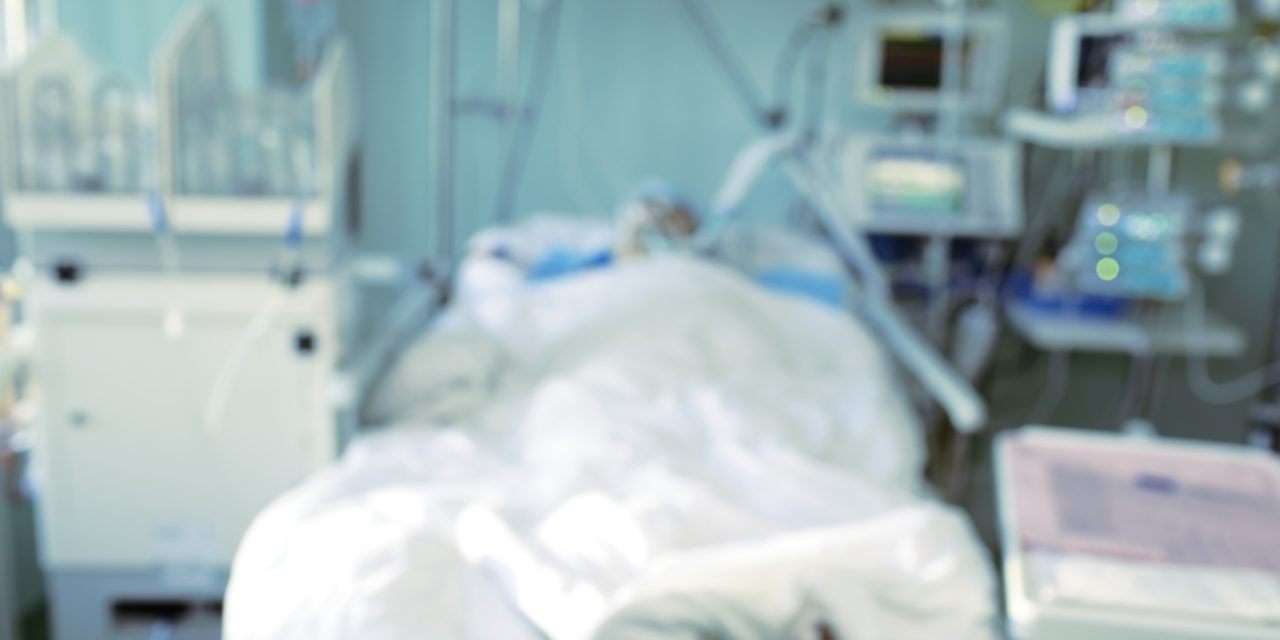Performing lumbar punctures (LP) in all clinically suspected neonatal sepsis, as per current recommendations, results in many “negative” LPs. LPs are not without their own risks. With the intention of minimizing unnecessary LPs among neonates, we aimed to identify a subgroup at extremely low risk of developing possible meningitis so that an LP could be safely avoided in it.
This was a prospective, observational, and cross-sectional study in a level III neonatal unit. We included 300 episodes, in which LP was performed for suspected sepsis. We recorded a comprehensive set of clinico-demographic variables, laboratory parameters, sickness score, organ dysfunction score, and organ localization and studied association of these factors with “definite (culture positive) or possible meningitis.” “Possible” meningitis was defined with liberal criteria, intending not to miss any meningitis. A subgroup without a single factor associated with “definite or possible meningitis” was analyzed for incidence of meningitis.
There were 121 episodes of “definite or possible meningitis” among 300 episodes of sepsis. On unadjusted analysis, apnea, irritability, high-pitched cry, seizures, neutrophilia, high C-reactive protein (CRP), score for acute neonatal physiology and perinatal extension II (SNAPPE-II), urine output, and leukomalacia were associated with “definite or possible” meningitis ( < 0.05). On multivariate analysis, no apneas, no neutrophilia, and normal CRP were independently associated with "no definite or possible meningitis." Nevertheless, the subgroup that had a combination of no apneas, no neutrophilia, and normal CRP ( = 118) had a 29% probability of "definite or possible meningitis."
The lowest risk subgroup had a 29% chance of having “definite or possible” meningitis. There is no subgroup that we could identify among neonates with suspected sepsis, in which it is safe to avoid an LP.
· LP are performed in all cases of late onset neonatal sepsis.. · Previous authors unsuccessfully tried to identify high-risk groups for performing LP.. · We were unable to identify an extremely low-risk group in which LP could be safely avoided..
Thieme Medical Publishers 333 Seventh Avenue, New York, NY 10001, USA.
Is Lumbar Puncture Avoidable in Low-Risk Neonates with Suspected Sepsis?


